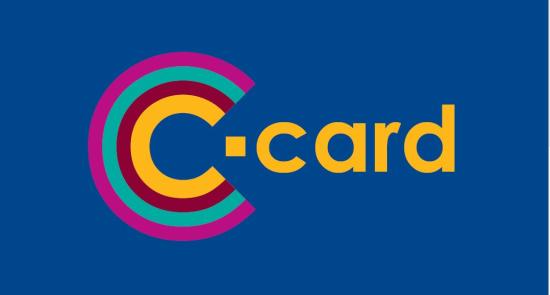Contraception
Contraception is used to prevent pregnancy. Certain methods of contraception can also be used to stop the spread of Sexually Transmitted Infections (STIs)
There are three methods of contraception:
- Short Acting Contraception – which includes methods that you need to remember to take or use regularly. This includes barrier methods (condoms or femidoms) and hormonal contraception (pill, patch and ring).
- Long-Acting Reversible Contraception (commonly known as LARC) - which includes methods where you don’t need to remember to take it or use it for it to work. This includes the coil and the implant. All of them are reversable and can be removed by health professional at any time you change your mind.
- Emergency Hormonal Contraception (EHC) - otherwise known as the morning after pill, this method is used within 3-5 days after unprotected sexual intercourse to prevent pregnancy (link to EHC page).
It is important that you choose the contraception method which fits your lifestyle best. Deciding which method is right for you includes things like what is easiest for you, how much they cost, potential side effects and your future pregnancy plans.
Click on the tiles below to find out more about different methods of contraception, what they do, how to use them and where to get them. You can also find information about STI testing and where you can get tested.
Condoms

Condoms are the only type of contraception that can prevent both pregnancy and sexually transmitted diseases (STIs). If used correctly, condoms are up to 98% effective.
The coil
The coil is a type of Long-term Acting Reversible Contraception (sometimes referred to as LARC). It is a small T- shape plastic device, placed inside your womb (uterus) by trained doctor or nurse.
The Implant

Implant is a very small rod that is placed under your skin by trained nurse or doctor. It releases the hormone progesterone to your blood stream to stop you from getting pregnant. It last for 3 years. It is 99% effective if inserted properly. It is a reversible form of contraception and can be removed at any time.
Where can I get these methods of contraception?
If you decide that you would like to find out more about the coil or implant, you can:
- Talk to your GP to see if you can book an appointment to discuss your contraception
- Book an appointment at your local sexual health clinic
Find out more about contraception
You can find information about all methods of contraception on the NHS website here.
All East Integrated Sexual Health Service

We provide free and confidential sexual health services at our centres across east London, providing everything from sexual health screenings (including HIV testing) to contraception services.
SHINE Young People’s Sexual Health Services

Shine offer clinic sessions for young people aged 21 and under.
C-Card Scheme - Free condoms for residents 14-25 years old

The C-Card scheme is a confidential service operating across London, aimed at young people 14-25 offering free condoms and lube. You don’t need to be sexually active to join the scheme. This scheme is also for those who are planning to start their sex life, as alongside free contraception C-Card scheme offers also sexual health information and advice. This service is free and totally confidential.
Pharmacy Sexual Health Services

Many Newham pharmacies offer sexual health services.
Local Sexual Health services
There are many places you can access sexual health services in Newham.